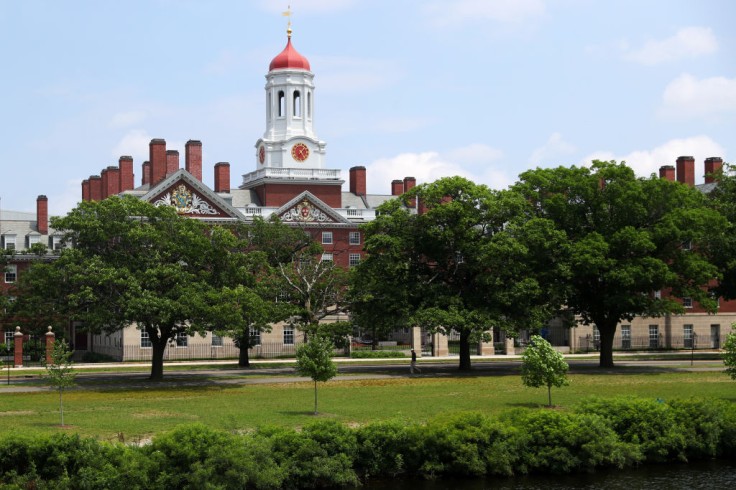
Harvard University, the nation's oldest and wealthiest institution of higher learning, is at the forefront of a high-stakes battle that could reshape the landscape of American higher education. On April 14, 2025, President Alan Garber issued a resolute statement, "The Promise of American Higher Education," rejecting what he called "unprecedented" demands from the Trump administration that would undermine the university's independence. The federal government responded swiftly, freezing $2.3 billion in research grants, escalating a feud that has captured the attention of academia and beyond.
The administration's demands, tied to a review of $9 billion in federal funding, included auditing student and faculty viewpoints and altering campus policies to address alleged antisemitism. These conditions, Harvard argues, represent a dangerous encroachment on academic freedom and First Amendment rights. Garber's response was unequivocal: "No government—regardless of which party is in power—should dictate what private universities can teach, whom they can admit and hire, and which areas of study and inquiry they can pursue."
This standoff comes amid a broader campaign by the Trump administration targeting elite universities, with Columbia, Cornell, and Northwestern also facing funding cuts over similar allegations. Critics, including Harvard Law School professor Nikolas Bowie, have called the administration's tactics "authoritarian," accusing it of weaponizing antisemitism concerns to justify attacks on higher education.
Harvard's defiance has resonated widely. Former President Barack Obama praised the university for rejecting "an unlawful and ham-handed attempt to stifle academic freedom," urging other institutions to follow suit. Wesleyan University President Michael S. Roth hailed the move as a critical resistance to institutional overreach, while former federal judge J. Michael Luttig called it a potential "turning point" in curbing assaults on American institutions.
The implications are profound. Harvard's $52 billion endowment provides a financial cushion, but the loss of federal funding threatens groundbreaking research in fields like medicine, quantum computing, and public health. Travis Donahoe, a Harvard-trained researcher, emphasized the stakes: "Ending [the opioid] epidemic is one of the most important changes we can make to improve the health—and dignity—of all Americans." Such work, reliant on federal grants, now hangs in the balance.
Yet Harvard's stand is about more than money. It's a defense of the university's role as a bastion of open inquiry and intellectual rigor. Garber underscored this mission, writing, "The fearless and unfettered pursuit of truth liberates humanity." As other universities, like Princeton, signal similar resistance, a collective pushback may be forming.
The clash has sparked a broader debate about the future of higher education. Supporters of the administration argue that universities must be held accountable for fostering environments perceived as hostile to certain groups. White House spokesperson Harrison Fields stated, "President Trump is working to Make Higher Education Great Again by ending unchecked anti-Semitism." But critics counter that such interventions risk turning campuses into political battlegrounds, eroding the very principles that make American universities global leaders.
As Harvard prepares to fight in court, backed by notable lawyers Robert Hur and William Burck, the outcome could set a precedent for how universities navigate federal influence. For now, Garber's message is clear: the promise of American higher education—rooted in freedom, truth, and resilience—will not be surrendered without a fight.
© 2025 University Herald, All rights reserved. Do not reproduce without permission.








